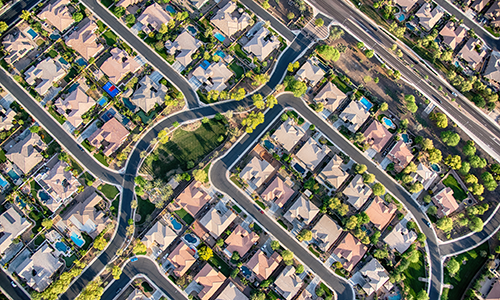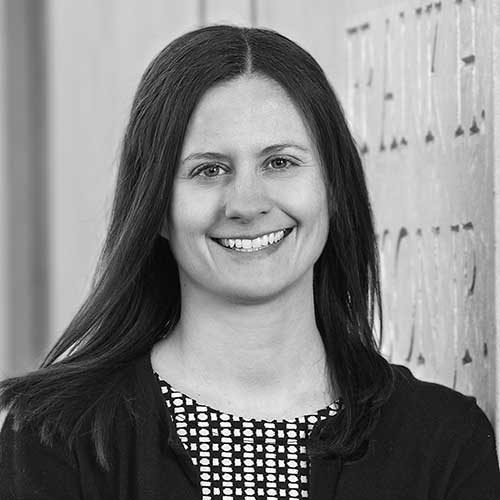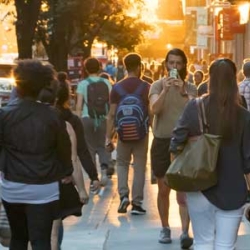The Hidden Struggle: The Middle Class Struggles to Afford Legal Help
 In April, the Wall Street Journal highlighted an alarming trend: the increasing number of calls to 211 emergency helplines by those struggling to afford basic needs. This trend reflects a disconnect between favorable economic indicators, such as low unemployment and cooling inflation and the very real financial pressures faced by many families. United Way, which runs many 211 centers, identifies these struggling households as ALICE (Asset Limited, Income Constrained, Employed).
In April, the Wall Street Journal highlighted an alarming trend: the increasing number of calls to 211 emergency helplines by those struggling to afford basic needs. This trend reflects a disconnect between favorable economic indicators, such as low unemployment and cooling inflation and the very real financial pressures faced by many families. United Way, which runs many 211 centers, identifies these struggling households as ALICE (Asset Limited, Income Constrained, Employed).
About 36 million American households, or 29%, fell into this category in 2021—a significant increase from 2010. These households earn just above the federal poverty line, making them ineligible for most social services, including free legal aid. Despite earning more than the federal poverty line, they still earn less than what it costs to make ends meet. The federal poverty line is criticized for being outdated and not reflecting the real cost of living, particularly as housing costs dominate budgets more than food, which the poverty line heavily factors in.
While pandemic-era benefits temporarily alleviated some financial stress, their reduction has left many ALICE familiars, who are ineligible for assistance programs, struggling even more. An unexpected legal expense—a traffic ticket, an eviction, a divorce—further exacerbates their financial strain. This contributes to public frustration that the government is failing to adequately support working families, extending well beyond the ALICE group to include many middle-class Americans.
Given these financial pressures, the legal needs of these households become particularly pressing. With the average legal matter costing $2,500, many Americans in the middle class, who represent more than 50% of our nation’s population, simply feel like the justice system is not accessible to them. Initiatives like the Above the Line Network (ATLN) specifically focus on improving access to affordable legal services for underserved middle-class Americans—those who fall into the ALICE category and up to two times the median household income. These individuals often earn too much to qualify for already overstretched free legal aid but too little to afford traditional legal services. ATLN is a collaboration between IAALS and The Chicago Bar Foundation, and aims to create a supportive community of legal professionals and organizations committed to innovative approaches that make legal services more accessible and affordable.
By sharing best practices and resources, the network seeks to bridge the gap between the legal needs of middle-class households and the services available to them. This collective effort not only helps individual families but also contributes to larger systemic changes, advocating for a legal system that better serves the needs of the middle class overall.
Through bringing together a diverse group of stakeholders—including socially conscious law firms, sliding scale nonprofit law firms, legal aid programs, judges and court administrators, legal educators, access to justice commissions, and technologists—ATLN fosters a collaborative environment where ideas and solutions can thrive. This approach is crucial for addressing the unique challenges faced by ALICE and other middle-class households, ensuring they receive the support and services they need to navigate their financial and legal challenges.
As we consider the growing number of families struggling to make ends meet despite being above the poverty line, innovative solutions like ATLN are essential. These efforts help to create a more inclusive and equitable system that improves access to justice for people of all income levels.
You can learn more about the Above the Line Network, sign up for updates, and join the network at abovethelinenetwork.com.





